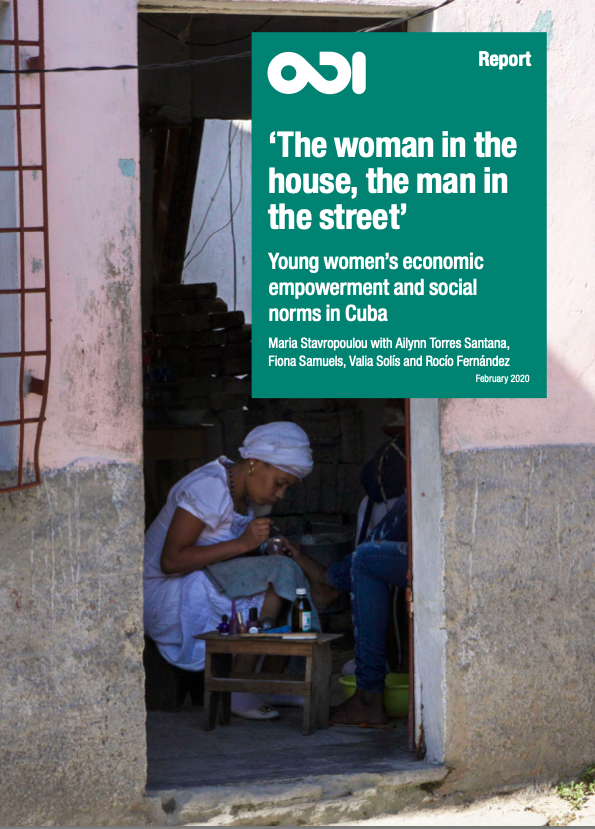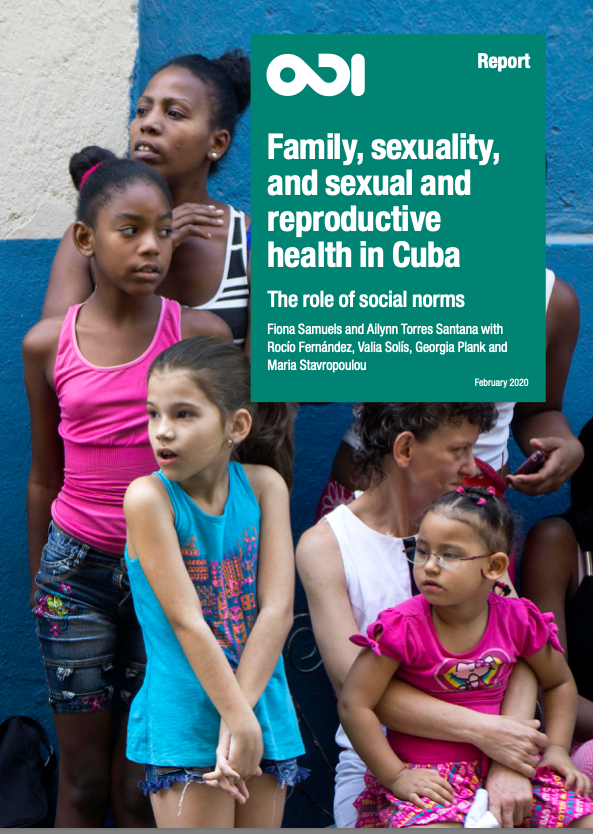Since the 1959 revolution, the Cuban state has committed to women’s empowerment and enacted a series of laws and policies to promote women’s equal and active participation in all spheres of life. Sources agree that Cuba has made remarkable progress towards women’s economic empowerment and gender equality, notably thanks to the provision of universal and free education, state employment opportunities, equal pay for equal work, maternity protection, and childcare facilities. However, it is also increasingly acknowledged – by the state itself – that these measures have been unable to bring about full equality and challenge deeply entrenched gendered social norms about women’s and men’s roles in the family and in…
-
-
Family, sexuality, and sexual and reproductive health in Cuba. The role of social norms
Globally, today’s cohort of adolescents and young people (those aged 10–24 years) is the largest ever, and 90% of them live in low- and middle-income countries (LMICs). This study aims to enhance knowledge and evidence on how best to reach poor and vulnerable persons in developing countries, especially women and girls, by exploring the following research questions within the Cuban context: •What is the relationship between sexual and reproductive health (SRH) and social norms? •What is the relationship between women’s economic empowerment and social norms? •What policies and interventions have been implemented to address SRH, women’s economic empowerment and related social norms? While the themes of SRH and women’s economic empowerment are interrelated, two separate but complementary reports have been produced. This report presents findings from the SRH component and combines findings from a literature…

